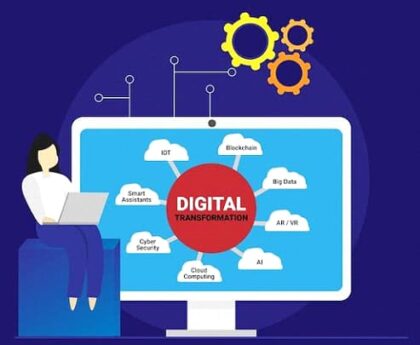The use of statistical methods to measure the effectiveness of educational programs is an important tool in educational psychology and the social sciences. These methods allow researchers to obtain objective data on which programs and strategies produce the best results and impact on students’ academic achievement and behavior.
One approach used in statistical research on the effectiveness of educational programs is the randomized controlled experiment (RCT). In an RCT, researchers randomly assign participants into two groups: an experimental group that receives a new program or strategy and a control group that continues to receive the standard program. The results of the two groups are then compared to determine if there is a statistically significant difference in the effectiveness of the program.
Another method is multivariate analysis, which allows researchers to examine the effects of several factors on the effectiveness of educational programs. For example, researchers can analyze the effects of age, gender, social status, and other factors on students’ academic achievement. This helps to identify which factors are most significant to educational success.
There are also methods based on analyzing data from questionnaires and surveys. This allows researchers to study students’ opinions and perceptions about educational programs and identify links between certain factors and their opinions. For example, studies can determine which aspects of a program have the greatest impact on student motivation and satisfaction.
In addition, statistical methods can be used to analyze the long-term effects of educational programs on students. Researchers can conduct long-term tracking studies to determine which programs and strategies have lasting effects on students’ academic achievement and development.
Overall, using statistical methods to measure the effectiveness of educational programs provides researchers with objective data and scientifically validated results. This helps to develop and improve educational systems, as well as improve the quality of education and student well-being.




